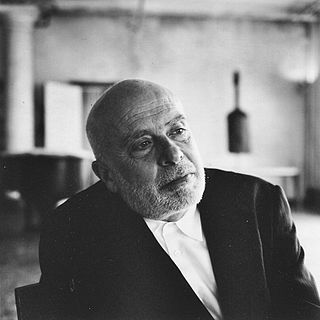A Quote by Edward Hirsch
Poetry itself hasn't been well served by poets who fled to the margins.
Related Quotes
I have no idea, actually, where I fit in, in terms of poetry camps. At AWP conferences, I have been on panels about humor, collaboration, visual poetry, confessional poetry, gender, and the body, as well as tributes to Edward Field and Albert Goldbarth. I felt at home on all of them - most poets straddle more than one school.
The maiden Olympics had more to protest about than mere war, though. Central to its ethos was a rejection of two establishments the political one, certainly, but also that of the wider poetry world itself. It changed poetry for ever in the UK, ... It led to readings all over the country. You suddenly got more women reading and publishing poems, as well as gay guys and poets from all over the world. Until that time, published poetry had been very university-based white, male, middle-class. We were trying to break poetry out of its academic confines.
My biggest poetic influences are probably 20th-century British and Irish poets. So I suppose I'm always listening for the music I associate with that poetry, the telling images, the brevity. I want to hear it in my own work as well as in the poetry I read. However, I think I'm generally more forgiving of other poets than myself.
There's a sameness about American poetry that I don't
think represents the whole people. It represents a poetry
of the moment, a poetry of evasion, and I have problems
with this. I believe poetry has always been political, long
before poets had to deal with the page and white
space . . . it's natural.
I have just been to a city in the West, a city full of poets, a city they have made safe for poets. The whole city is so lovely that you do not have to write it up to make it poetry; it is ready-made for you. But, I don't know - the poetry written in that city might not seem like poetry if read outside of the city. It would be like the jokes made when you were drunk; you have to get drunk again to appreciate them.
One can say that the disaffection is still a lingering naiveté about, not the place of poetry in the world, but - how to say this - the moral and intellectual presence of poets in the world. And while this may seem an old conversation to many poets who roll their eyes and say, "Here we go again about the function of poetry," I think that conversation, about poetry as an engaged art in a world that is full of regression or still lacking in progress, is still really not well-developed. It's almost an avoided conversation.
Verse in itself does not constitute poetry. Verse is only an elegant vestment for a beautiful form. Poetry can express itself in prose, but it does so more perfectly under the grace and majesty of verse. It is poetry of soul that inspires noble sentiments and noble actions as well as noble writings.
I tend to like the way poets form communities. Writing can be lonely after all. Modern life can be lonely. Poets do seem to be more social than fiction writers. This could be because of poetry's roots in the oral tradition - poetry is read aloud and even performed. I'm just speculating, of course. At any rate, because poets form these groups, they learn from one another. That is one of the best things about being a poet.
For example, an author whose parents fled a war but he himself was born in the country where they fled to, and that is where he went to school and college before he wrote his first book of poetry in the language of this country - he should be labeled as: "Author whose parents fled a war but he himself was born in the country where they fled to, and that is where he went to school and college before he wrote his first book of poetry in the language of this country."
I do believe that one's writing life needs to be kept separate from Po-Biz. Personally, I deal with this by not attending too many poetry readings, primarily reading dead poets or poems in translation, reading Poets & Writers only once for grant/contest information before I quickly dispose of it, and not reading Poetry Daily. Ever.







































